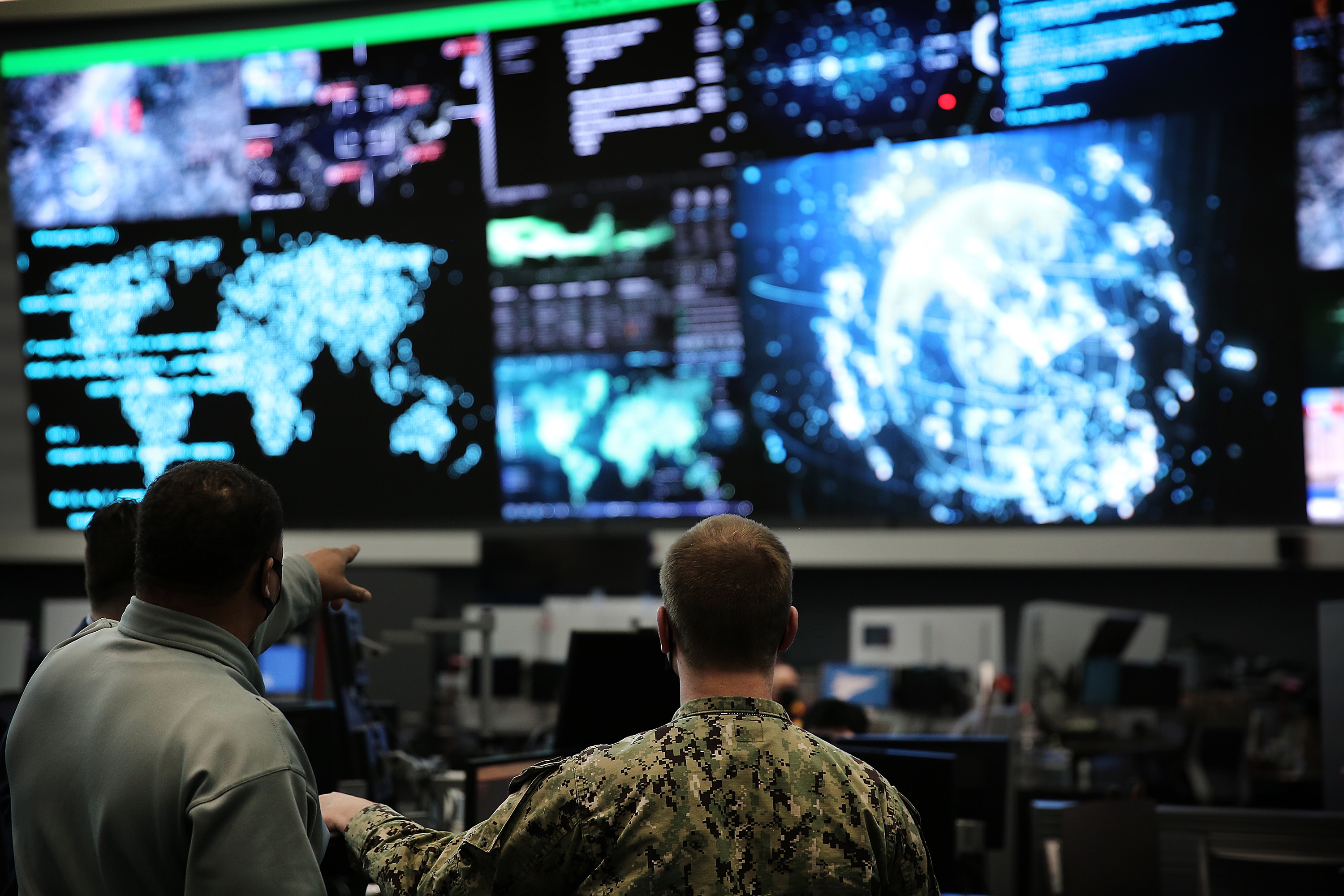The United States had reportedly issued a warning to Moscow about an impending terrorist threat just two weeks before a devastating attack on a music theater resulted in significant loss of life. The critical piece of intelligence, as reported by The Washington Post on Tuesday, detailed an imminent threat posed by ISIS-K extremists, explicitly including a specific warning regarding Crocus City Hall, a popular venue in the Russian capital.
The remains of the Crocus City Hall in Moscow after the end of the search for victims.
Some were not, and sadly, will never be recovered.
The scale of the destruction is hard to fathom. pic.twitter.com/TkxaJb8lbd
— Chay Bowes (@BowesChay) March 27, 2024
This act of intelligence sharing between the United States and Russia is part of a broader strategy rooted in a principle known as the “duty to warn.” Under this policy, formalized by Intelligence Community Directive 191 in 2015, the U.S. is committed to alerting individuals or groups, including foreign nations, of threats that could lead to intentional killing, serious bodily injury, or kidnapping. The disclosure to Russian officials about the planned attack at Crocus City Hall underscores a profound commitment to preventing human tragedy, transcending traditional geopolitical rivalries.
However, despite the specificity and urgency of the warning from the U.S., it appears that the measures taken by Russian authorities in response were insufficient to thwart the attack. The tragic event at Crocus City Hall unfolded with a grim outcome, resulting in the death of more than 130 individuals. The incident raises questions about the effectiveness of international intelligence sharing and the complexities of diplomatic relations, especially when dealing with states that are often viewed as adversaries.
This exchange of intelligence was not an isolated incident. A few weeks earlier, the U.S. had similarly alerted Iranian officials about an upcoming attack in Kerman, which ultimately claimed the lives of more than 100 people attending a memorial service for the slain Islamic Revolutionary Guard Corps Quds Force commander Qasem Soleimani.
Despite these efforts to warn of imminent threats, the outcomes and reactions highlight the challenges in achieving effective cooperation between nations with strained relations. The incident at Crocus City Hall, and the subsequent handling and framing of the event by Russian authorities, underscores the delicate and often fraught nature of international intelligence cooperation against a backdrop of global security threats and geopolitical tensions.
Expanded Coverage:






